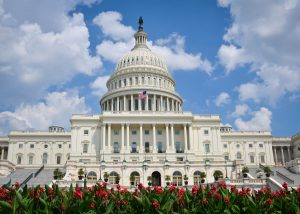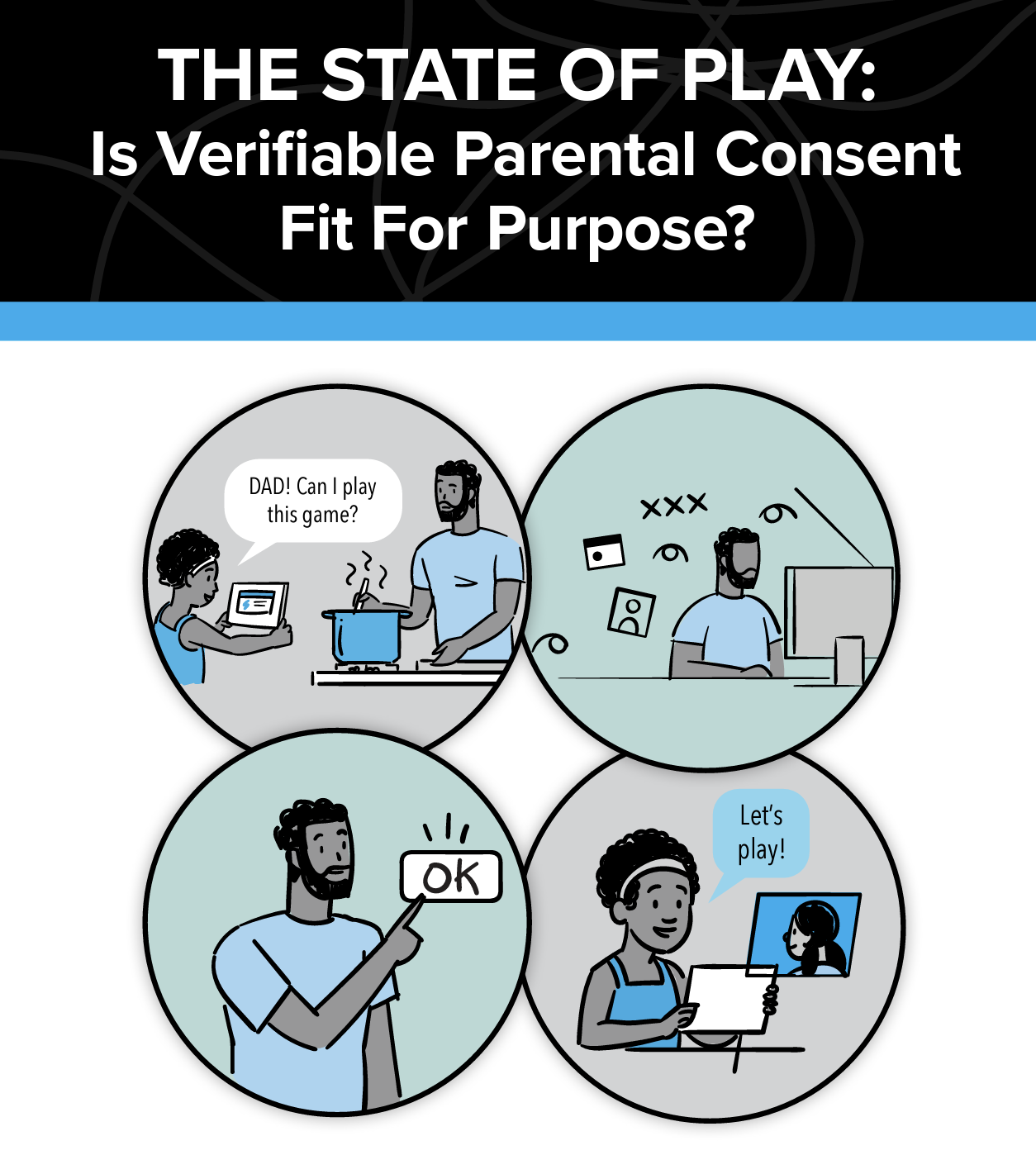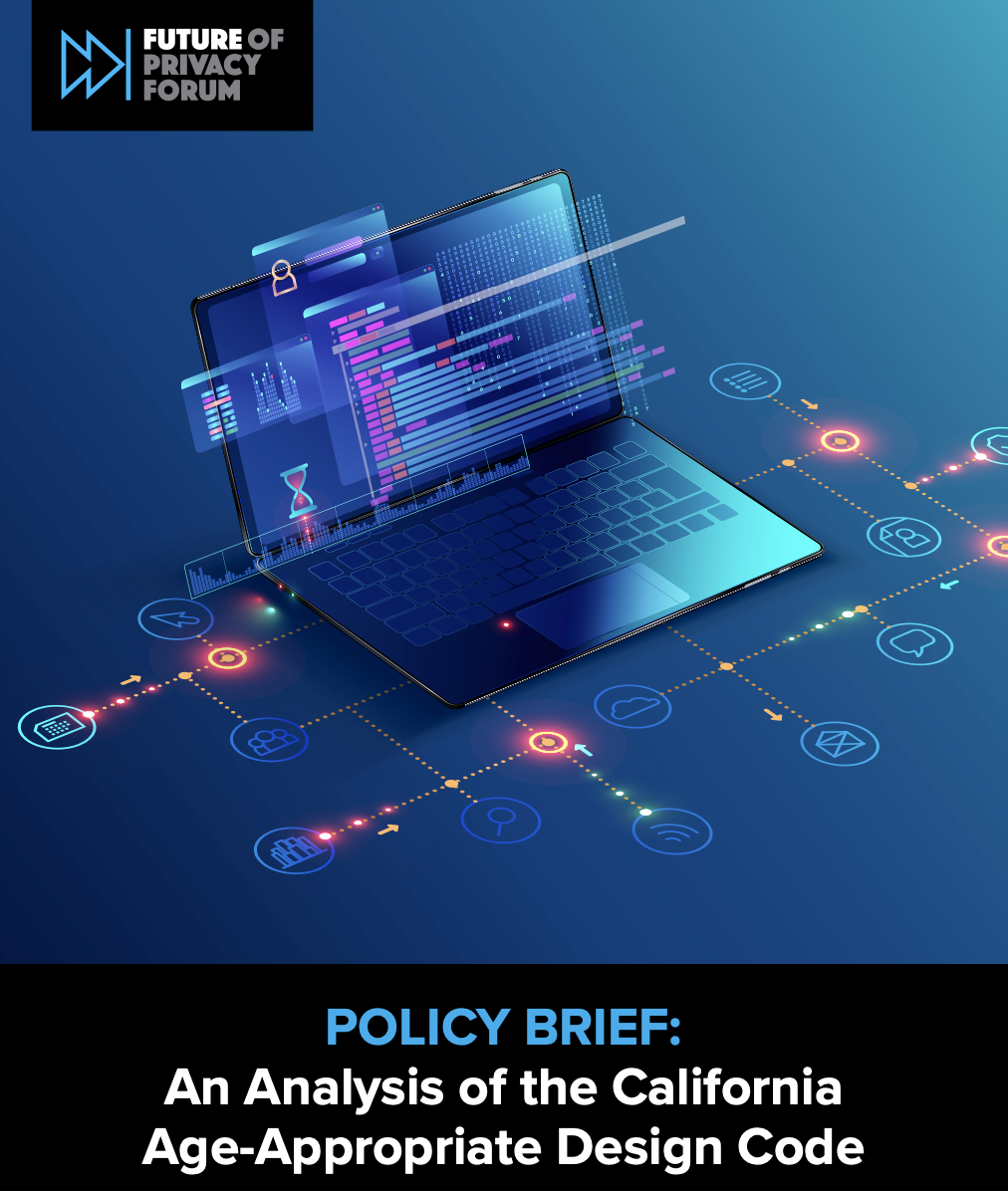Across the United States, evolving data collection and processing practices are driving digital services and socially beneficial research, but also pose increasing risks to individuals and communities that America’s existing sectoral privacy frameworks are insufficient to govern. In response, leaders in law and policy are considering more comprehensive approaches to privacy regulation, which establish baseline rights and protections for personal data throughout the economy. Years of negotiations in Congress culminated in the introduction of the bipartisan American Data Privacy and Protection Act in 2022; however, its fate remains uncertain. In the absence of federal legislation, five U.S. states—California, Virginia, Colorado, Utah, and Connecticut— enacted comprehensive consumer privacy laws between 2018-2022.
The Future of Privacy Forum provides expert, independent analysis of legislative and regulatory approaches to protecting data privacy interests. FPF does not typically support or oppose particular bills, but instead focuses on analyzing proposals in relation to existing privacy frameworks, sharing information on current data practices and technologies, and ensuring that data governance strategies are future-looking and adaptable.
FPF also engages with the broader privacy community through reports, blog posts, webinars, and educational programs such as the CPRA Law + Tech Series. It is our view that robust and durable policy outcomes can be achieved when all stakeholders are equipped to understand the key technologies, business practices, and legal mechanisms available to regulate privacy and data protection. FPF’s legislation work is led by Keir Lamont, Director.
Featured
FPF Releases Report on Verifiable Parental Consent
Today, FPF released a new report on the effectiveness of a key federal children’s privacy requirement known as verifiable parental consent (VPC). The Children’s Online Privacy and Protection Act (COPPA) requires operators of child-directed services to provide parents with detailed, direct notice and obtain parents’ affirmative express consent – verifiable parental consent – before collecting […]
FPF Releases Analysis of California’s New Age-Appropriate Design Code
FPF’s Youth & Education team is pleased to publish a new policy brief that builds on this first brief by providing a comparative analysis of the United Kingdom’s Age Appropriate Design Code (UK AADC) to the California AADC, which was modeled after the UK AADC. Learn more and download the UK and CA AADC Comparative policy brief here. […]
FPF Releases Policy Brief Comparing Federal Child Privacy Bills
On Wednesday, July 27, 2022, the Senate Committee on Commerce, Science, and Transportation held a markup of two bills this resource highlights: The Kids Online Safety Act and the Children and Teens’ Online Privacy Protection Act (COPPA 2.0). The Committee advanced both bills with significant amendments. Both bills garnered bipartisan support, with the Kids Online Safety […]
Lessons from Fair Lending Law for Fair Marketing and Big Data
Lessons from Fair Lending Law for Fair Marketing and Big Data Where discrimination presents a real threat, big data need not necessary lead us to a new frontier. Existing laws, including the Equal Credit Opportunity Act and other fair lending laws, provide a number of protections that are relevant when big data is used for […]








